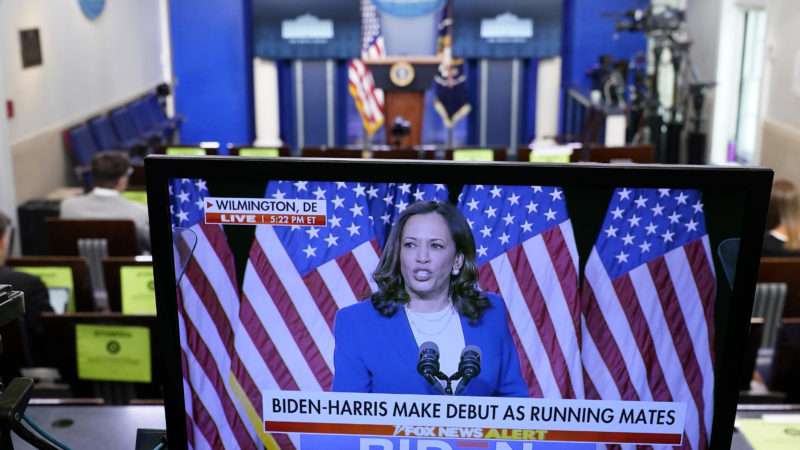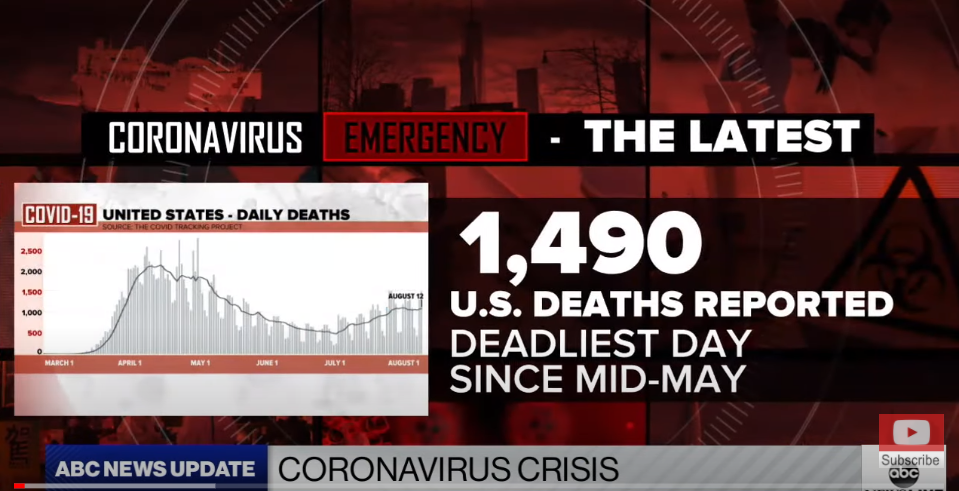Last term, the Supreme Court decided that the structure of the Consumer Finance Protection Bureau (CFPB) violated the separation of powers. In Seila Law v. CFPB, on appeal from the Ninth Circuit, the Trump Administration declined to defend the agency. Circuit Justice Elena Kagan appointed Paul Clement, the former Solicitor General, to take that position. (I wrote about that choice here).
In the wake of Seila Law, the Supreme Court granted review in Collins v. Mnuchin. This appeal from the Fifth Circuit considers a challenge to the Federal Housing Finance Agency (FHFA). The Fifth Circuit found that the FHFA was unconstitutional, but sharply divided on the remedy. The FHFA, like the CFPB, is headed by a single-director protected by for-cause protection. Indeed, Chief Justice Roberts’s majority opinion flagged the similarities between the FHFA and the CFPB:
[The CFPB] regulates primarily Government-sponsored enterprises, not purely private actors. And its single-Director structure is a source of ongoing controversy. Indeed, it was recently held unconstitutional by the Fifth Circuit, sitting en banc. See Collins v. Mnuchin, 938 F. 3d 553, 587–588 (2019).
The Trump Administration has declined to defend the FHFA. As a result, Circuit Justice Alito appointed his former clerk, Professor Aaron Nielson (BYU), to argue the case. Nielson also clerked for Judge Jerry Smith on the Fifth Circuit. Congratulations to Aaron on what will be his first oral argument before the Supreme Court. I have no doubt he will give the FHFA the best defense it can get.
from Latest – Reason.com https://ift.tt/3g6SXka
via IFTTT


